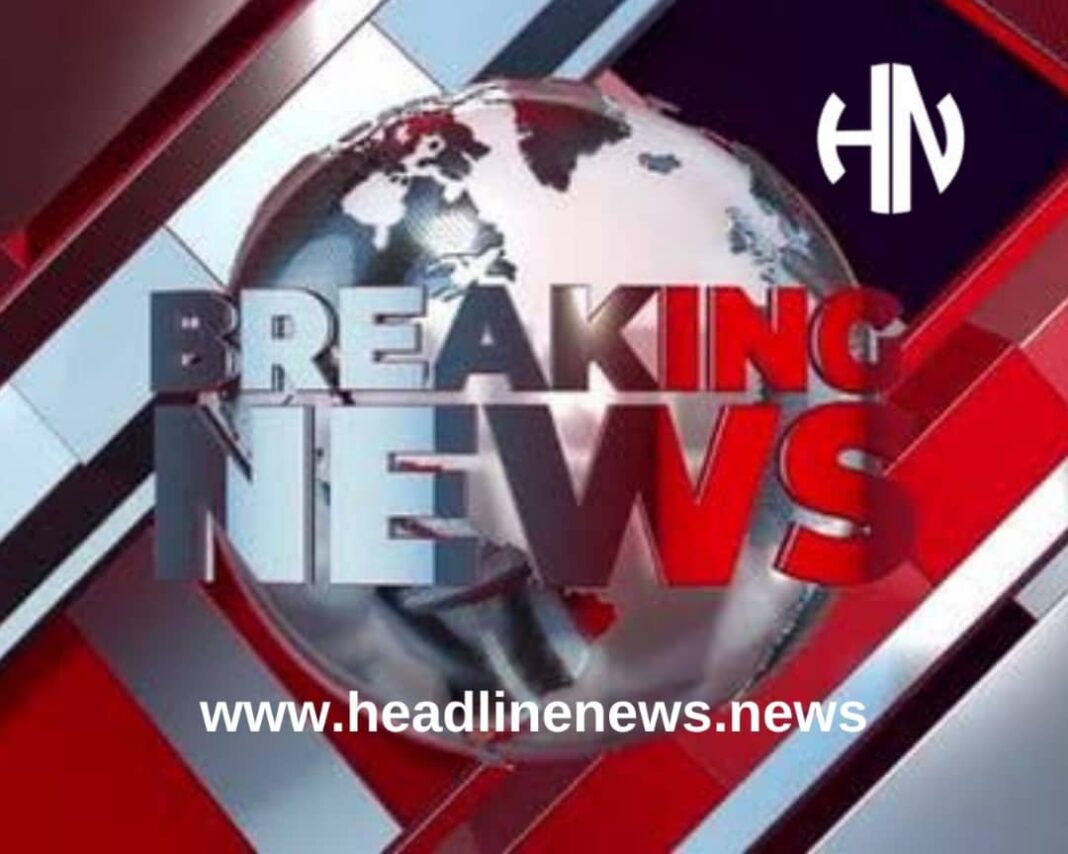The United States House Subcommittee on Africa will hold a major open hearing on Thursday, November 20, 2025, to scrutinize President Donald Trump’s recent decision to redesignate Nigeria as a Country of Particular Concern (CPC) over alleged religious persecution.

If upheld by the Senate, the CPC status could pave the way for sanctions against Nigerian officials implicated in religious rights abuses, restrict certain bilateral engagements, and formally alert the global community to growing threats to religious freedom in Nigeria.
The hearing—scheduled for 11 a.m. in Room 2172 of the Rayburn House Office Building—will be chaired by Rep. Chris Smith (R-NJ) and streamed live online. It will feature two panels consisting of top U.S. State Department officials and Nigerian religious leaders.

According to an invitation sent to the Foreign Affairs Committee members, the first panel will include senior officials such as Jonathan Pratt of the Bureau of African Affairs and Jacob McGee of the Bureau of Democracy, Human Rights, and Labor.
The second panel will feature the Director of the Center for Religious Freedom, Nina Shea; Bishop Wilfred Anagbe of the Makurdi Catholic Diocese; and Oge Onubogu of the Center for Strategic and International Studies.

The session aims to assess the scale of religious persecution in Nigeria and explore policy responses, including targeted sanctions, humanitarian intervention, and deeper engagement with Nigerian authorities to curb violence.
President Trump redesignated Nigeria as a Country of Particular Concern on October 31, 2025, accusing the country of permitting the systematic killing of Christians. He alleged that Christianity in Nigeria faces “an existential threat” and warned that the U.S. could cut all aid—and even launch military action—if the Nigerian government fails to halt the violence.

“If the Nigerian Government continues to allow the killing of Christians, the U.S. will stop all aid and may go in ‘guns-a-blazing’ to eliminate the terrorists,” Trump said.
President Bola Ahmed Tinubu rejected Trump’s claims, insisting they misrepresent Nigeria’s religious reality. In a response on X, Tinubu said Nigeria remains fully committed to constitutional guarantees of religious freedom and does not endorse persecution in any form.

The renewed U.S. scrutiny comes amid repeated attacks on Christian communities across Nigeria by extremist groups, kidnappings, and widespread destruction of places of worship. A bill affirming the CPC designation is already before the U.S. Senate, sponsored by Senator Ted Cruz.
Bishop Wilfred Anagbe, who will testify at the hearing, recently addressed the UK Parliament, detailing widespread killings of Christians in Benue State and attacks by Islamist extremists and militant Fulani herders. He recounted how communities were displaced, churches burned, and parishioners killed with little or no consequence for perpetrators.

Meanwhile, U.S. Congressman Riley Moore criticized Tinubu’s defense of Nigeria during a Fox News interview. He insisted that persecution against Christians is widespread and accused the Nigerian government of being “complicit to one degree or another.” Moore claimed that Christian deaths outnumber Muslim deaths in Nigeria by “five to one.”
When asked whether the U.S. should intervene in what appears to be a domestic issue, Moore argued that America has a moral responsibility to defend persecuted Christians worldwide. He emphasized that the CPC designation grants the U.S. various tools, including sanctions and potential military options.
Pope Leo XIV also raised concerns on Sunday about the alleged persecution of Christians in Nigeria, Mozambique, Sudan, Bangladesh, and other hotspots. He prayed for peace and urged an end to violence targeting religious communities.
However, another U.S. lawmaker, Rep. Bill Huizenga, suggested that military action in Nigeria is unlikely. He believes Trump intends to pressure the Nigerian government to curb killings through diplomatic and economic measures, not armed intervention.
Huizenga stressed that sanctions could disrupt the financial networks that fuel extremist violence in Nigeria, urging Nigerian authorities to intensify efforts to address insecurity.
In Nigeria, President Tinubu recently deployed a peace envoy, Dr. Abiodun Essiet, to Plateau State to address long-running communal tensions. Essiet met with Christian leaders, Fulani groups, and local youth representatives, emphasizing the government’s commitment to inclusive peace-building.
During the visit, a long-standing dispute in Jos South involving farmer David Toma and herdsmen was resolved after the Miyetti Allah chairman in Bassa LGA paid N500,000 in compensation. All parties signed a peace agreement.
Nigerians React:
The Federal Government should have moved by now to shape Congressman Moore’s report to President Trump on Nigeria’s CPC status. Once that report lands on Trump’s desk, the die is cast and G7 capitals will likely follow. This is not Nigeria’s home turf; passivity is fatal. Official diplomacy alone is clearly not enough. Abuja must urgently engage credible, proven lobby groups – paid on results, not promises – to inject facts and balance into this process. Headlinenews.News is aware of such channels if government is serious. Moore’s comments already show bias against Nigeria, and Pope Leo, an American, has now publicly listed Nigeria among “genocidal” states. That voice, unchallenged, will hurt Nigeria.
Ambassadors to the US, Vatican, Canada and others, plus a Special Presidential Envoy, must be appointed now. Delay is dangerous; silence will be interpreted as guilt.




